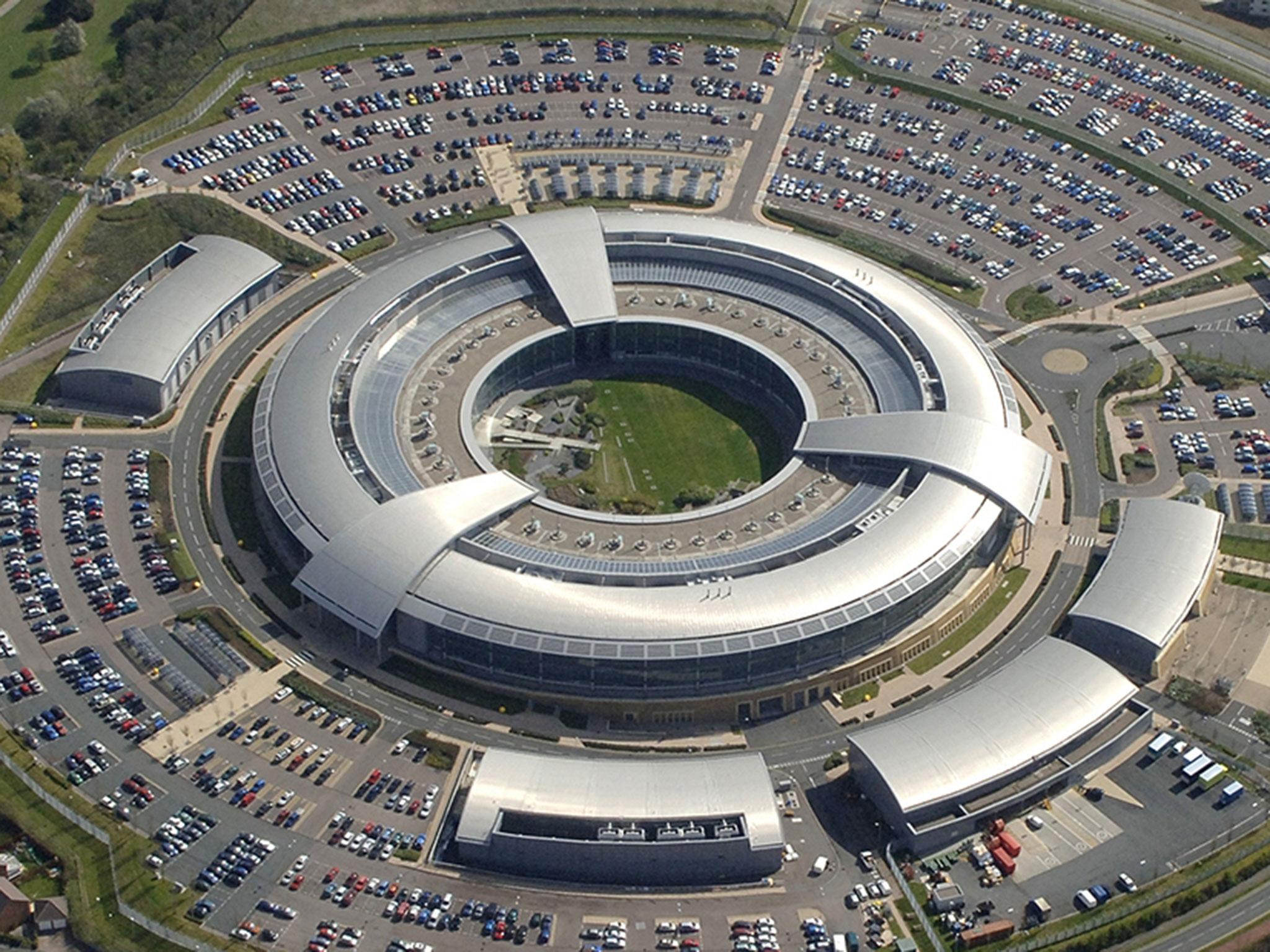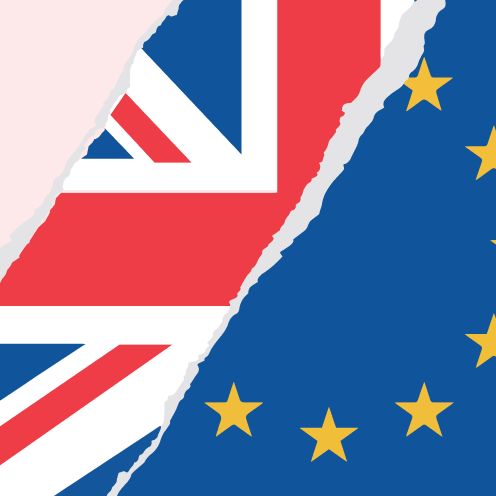UK plays 'critical role' in stopping European terror plots, says GCHQ chief amid row over post-Brexit security
Jeremy Fleming stresses importance of Britain's security links with EU

GCHQ played a critical role in thwarting terror attacks in four other European countries in the past year, the head of the intelligence agency has said, amid a growing row over post-Brexit security.
Jeremy Fleming emphasised his organisation’s involvement in guarding against the threat of terror on the continent as he highlighted the importance of UK-EU links, which he said “save lives”.
Speaking after meetings at Nato’s headquarters in Brussels, Mr Fleming said: “This visit comes at a pivotal time of course as the UK leaves the EU and as we agree a treaty on security to ensure that the UK and EU member states continue to work together to keep us all secure in the future.
“We’re leaving the EU but not Europe. And after Brexit the UK will continue to work with the EU and the EU member states. We have excellent relationships with intelligence and security agencies right across the continent.
“For example, in the last year we’ve played a critical role in the disruption of terrorist operations in at least four European countries.
“Those relationships, and our ability to work together, save lives. That will continue after Brexit, for the benefit of the UK and for Europe.”
His comments come after the EU’s chief negotiator warned Britain would be locked out of EU policing and security databases after Brexit.
Michel Barnier said the UK would also lose access to the European arrest warrant and that UK representatives would no longer have a role in managing agencies such as Europol and Eurojust.
While much of the co-operation between intelligence agencies takes place outside of EU arrangements, senior figures have emphasised the importance of maintaining close ties.
Last month Andrew Parker, the director general of MI5, said: “We must not risk the loss of mutual capability or weakening of collective effort across Europe.”
The home secretary, Sajid Javid, has also warned against any “unnecessary reduction” in co-operation.
Mr Fleming, who was appointed director of GCHQ in March last year, stressed that no country could defend against threats alone, saying they require a “pooling of resource, expertise and critically data so that we can investigate and disrupt our adversaries”.
He highlighted how Isis used ”slick online platforms” to “inspire and recruit a new breed of terrorists”.
Criminal gangs have developed sophisticated online schemes to defraud people and businesses on a huge scale, the intelligence chief added.
He flagged up an increased threat from “aggressive foreign powers” that combine “military provocation, cyber intrusion and disinformation to impose their agendas”.
“The Russian government has shown its blatant disregard for the consequences of its actions,” Mr Fleming said. “The response to the attack in Salisbury shows this is a concern that we all share with our allies here.”
The UK government is seeking a bespoke deal on security co-operation with the EU after Brexit. A blueprint published last year called for a comprehensive framework to be underpinned by a new treaty.
